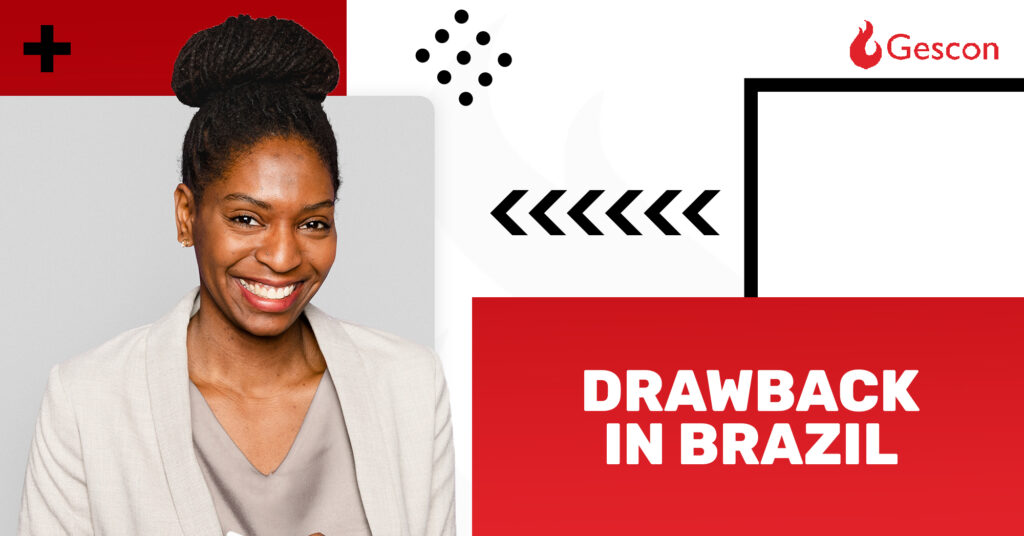Address
304 North Cardinal St.
Dorchester Center, MA 02124
Work Hours
Monday to Friday: 7AM - 7PM
Weekend: 10AM - 5PM
Address
304 North Cardinal St.
Dorchester Center, MA 02124
Work Hours
Monday to Friday: 7AM - 7PM
Weekend: 10AM - 5PM



Drawback is a special customs regime, which consists in the suspension or exemption of taxes levied on imported inputs linked to a product to be exported. It was created in 1996 by the Federal Government, with the goal of providing greater competitiveness for Brazilian exports.
As a result, the Drawback Regime is currently an important mechanism for international competitiveness and one of the most used regimes by Brazilian exporters. In this article, we will address its main aspects, in light of the legislation currently in force in Brazil.
Main benefits
The main benefits of Drawback occur in the calculation of taxes, and are also observed in the financial management of companies that choose to use it. This is because, in essence, it is a system of suspension or deferral of taxes levied on the import of the item that will be re-exported at the end of a predetermined period.
Currently, Brazilian legislation provides for different types of drawback. Integrated drawback is a very widespread model, which was created to meet the needs of the continued production of goods destined for export, with the need to have a nationalized stock of components that will later compose the exported good.
The term “integrated” in this case, therefore, refers to items or components that will be integrated into a product to be exported.
To guarantee a privileged position in the Brazilian oil and gas exploration and refining market, count on Gescon’s specialists. Our multidisciplinary team of executives is ready to meet all your needs, from prospecting for new business in Brazil, to the total administration of your operations in our country.
The Integrated Suspension Drawback, in turn, concerns a direct export commitment, since you receive tax suspension on imported goods, for a future export.
This modality can be applied to a component or part of a product, but also to equipment that is brought to Brazil for temporary use in a production process, with the commitment of future return abroad, or nationalization upon payment of taxes that were deferred in the time of entry.
It should be noted that, if the export is not completed, the company needs to pay taxes with the appropriate monetary corrections.
Drawback is one of the special regimes most used by Brazilian exporters, since it can be granted to virtually any exporter, universally, as long as prerequisites such as fiscal and registration regularity are met.
To ensure full compliance and access to tax benefits available for your activities in Brazil, count on Gescon’s experts.
Gescon has high-performance human capital, with extensive experience in conducting business in Brazil. From prospecting for new investment opportunities to corporate structuring, going through all phases of legalizing the operations of international companies in Brazil, our professionals are in constant evolution and learning, and are ready to assist you in establishing and managing your business in our country.
Access our website, and request the contact of one of our executives right now.